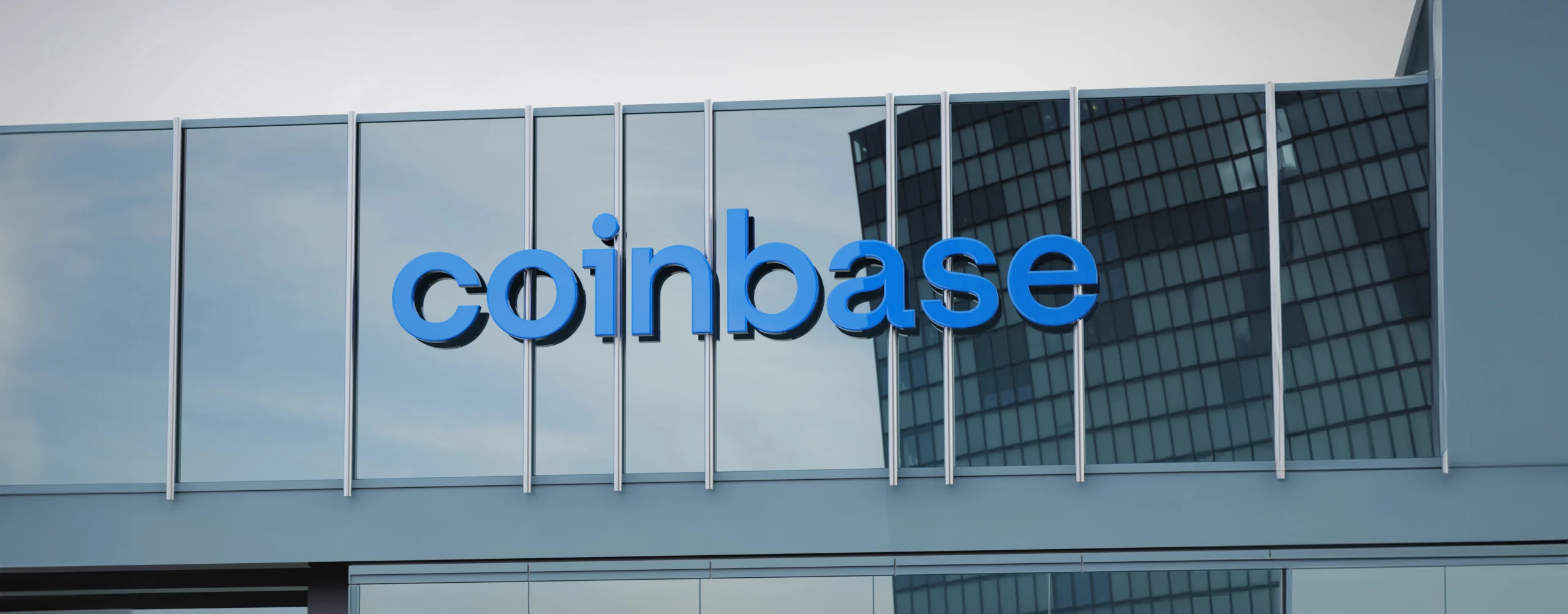|
Getting your Trinity Audio player ready...
|
American cryptocurrency exchange Coinbase (NASDAQ: COIN) has continued its quest for an operating license in Japan and in its latest move, it has joined a local self-governing body. Coinbase joined the Japan Virtual Currency Exchange Association (JVCEA) as a second-class member.
Japan has been one of the most advanced crypto markets in the world, with the Japanese regulators supporting the crypto industry with positive regulations. The JVCEA compliments these efforts, ensuring that the exchanges adhere to the regulations and that they have in place enough measures to protect their users. It received a “certified fund settlement business association” status in October 2018 from the Financial Services Authority, allowing it to set rules for Japan’s crypto exchanges
JVCEA revealed that Coinbase had joined as a second-class member effective March 1. These are members who are currently in the process of applying for a license. Other firms that joined the association are Tokyo Hash and Digital Assets Markets Inc.
Coinbase announced its intention to establish its Japanese arm back in July 2018. The exchange revealed at the time that it had brought in Nao Kitazawa as its CEO for Japan. It also revealed that it was working on its licensing with the FSA, but till date, close to two years later, it’s yet to get the coveted license.
The Japanese market, while quite developed, still lacks the big global players, a void that Coinbase is seeking to fill. While its neighbor South Korea has a number of giant exchanges such as Upbit and Bithumb, Japan is still dominated by smaller exchanges tied to large conglomerates such as LINE and Rakuten. The only global player that has ventured into the country is Huobi Global which merged with local exchange BitTrade in January last year to launch in the country. Huobi Japan has expanded aggressively, raising $4.6 million in January this year from financial services firm Tokai Tokyo Financial Holdings.
Obtaining an operating license in Japan has become much more difficult ever since Coincheck lost $500 million to hackers. The FSA has since then cracked down on the industry seeking to enforce enhanced security measures to avoid another heist.

 02-12-2026
02-12-2026 




